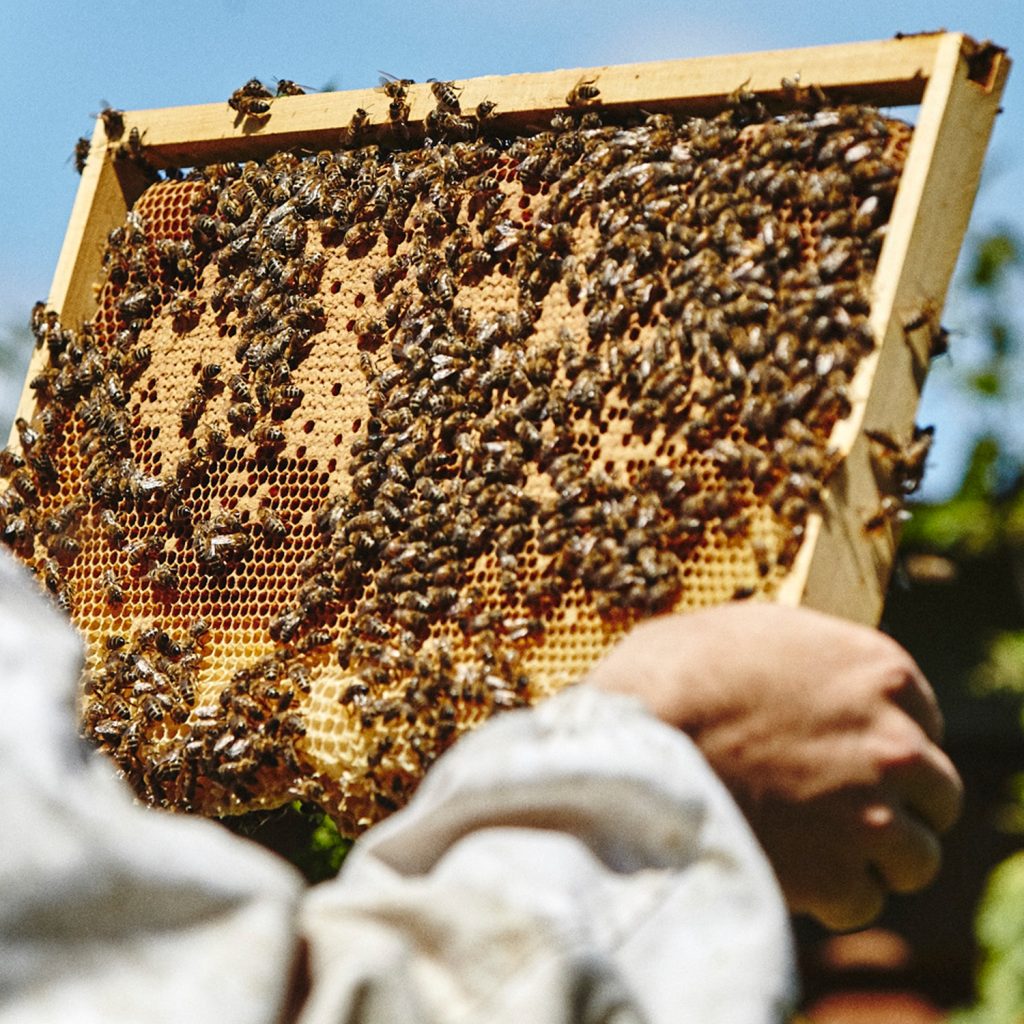The availability of bees on the market represents an essential position in promoting agriculture, biodiversity, and ecosystem health. Beekeeping has always been recognized as important for pollinating crops, ensuring food protection, and maintaining healthy ecosystems. Therefore, the purchase of bees provides a varied selection of clients, from industrial farmers to hobbyist beekeepers and actually conservationists. These bees are not just commodities; they’re necessary contributors to worldwide food manufacturing and environmental sustainability.
Bee revenue encompass various species, with baby bees being the absolute most commonly traded. However, native bee species like bumblebees and solitary bees may also be significantly wanted following for their pollination services. The diversity in bee species designed for sale reflects the growing acceptance of their own contributions to ecosystems and the requirement to support many different pollinators for detailed agricultural and ecological health.
The procedure of offering bees requires more than handing around a hive; responsible suppliers prioritize the health and welfare of the colonies. This entails reproduction bees for appealing characteristics such as infection resistance, baby generation, and docility. Furthermore, dependable vendors offer guidance and help to clients, particularly newcomers to beekeeping, to ensure they’ve the data and sources had a need to take care of their bees effectively.
Local bee sales are particularly important for sustaining regional biodiversity and environment resilience. When customers obtain bees from local companies, they are purchasing bees used to the precise climatic and environmental conditions of the region. That local approach not only helps the genetic diversity of bee populations but in addition decreases the risk of introducing unpleasant species or disorders from other regions.
The sale of bees runs beyond mere transactions; it fosters a feeling of community and collaboration among beekeepers, farmers, and environmental enthusiasts. Many bee suppliers manage workshops, instruction sessions, and neighborhood functions to instruct consumers and promote best techniques in beekeeping and pollinator conservation. These initiatives support build a network of knowledgeable and involved persons devoted to encouraging bees and preserving their habitats.
Furthermore, the purchase of bees plays a part in local economies by generating revenue for beekeepers and promoting connected industries such as for example agriculture, horticulture, and apiculture equipment manufacturing. As demand for pollination services continues to rise, bee sales offer possibilities for financial growth and work development in rural and cities alike.
But, the sale of bees also improves ethical criteria, particularly regarding the welfare of bees and their potential impact on native ecosystems. Responsible beekeeping supplies Illinois practices, such as for example disease management, hive health, and habitat storage, are important for minimizing bad influences and marketing the well-being of both maintained and crazy bee populations.

In conclusion, the purchase of bees is a complex effort that intersects agriculture, ecology, economics, and ethics. By promoting responsible bee suppliers, customers not merely gain access to necessary pollination solutions but additionally subscribe to the conservation of bees and the ecosystems they support. Through collaboration, education, and stewardship, bee revenue can offer as a driver for sustainable agriculture and environmental stewardship in areas worldwide.
